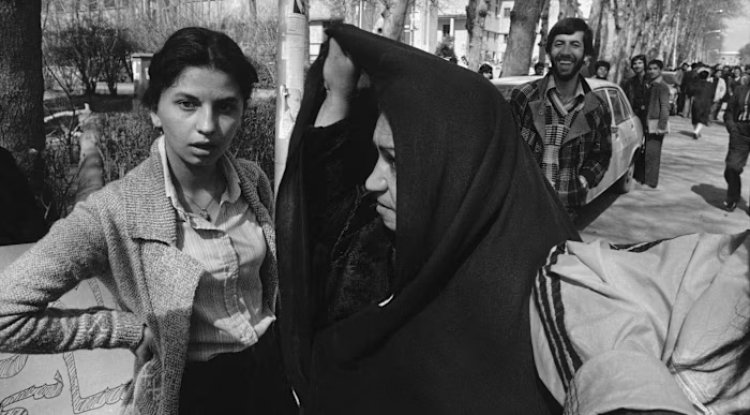Robert Downey Jr.'s Oscar Triumph: A Look at the Best Supporting Actor Win
the unexpected nuances behind Robert Downey Jr.'s Best Supporting Actor Oscar win and the category's complexities

- Introduction
- The Significance of Downey's Win
- The Ambiguity of Supporting Roles
- Category Controversies and Screen Time
- Impact Over Screen Time
- Concluding Reflections
- FAQs
Introduction
In an unexpected turn at the 96th Annual Oscars, Robert Downey Jr. clinched the Best Supporting Actor award for his role in Christopher Nolan's "Oppenheimer". This win has reignited discussions about the nature of the Oscars' Supporting Actor category, its inherent ambiguity, and the criteria for winning. Downey's acceptance speech humorously thanked his "terrible childhood" before the Academy, highlighting his personal journey to this point.
The Significance of Downey's Win
Downey's portrayal of Lewis Strauss in "Oppenheimer" was a masterclass in nuanced acting, despite the role being part of a less critical subplot of the film. This victory marks Downey's first Oscar, after two previous nominations, and underscores the complexities surrounding the Supporting categories at the Academy Awards.
The Ambiguity of Supporting Roles
The Supporting Actor and Actress Oscars have often been subjects of debate due to their ambiguous criteria. Are these awards meant to recognize the quality of performance in isolation, or how the performance contributes to the film as a whole? Downey's latest win serves as a prime example of this ongoing debate, especially considering his role's arguable significance to the film's central narrative.
Category Controversies and Screen Time
Controversies surrounding what constitutes a "supporting role" have been a perennial issue. Notable instances include actors in lead roles being nominated as supporting actors to increase their chances of winning. Additionally, the amount of screen time has been a point of contention, with some winners having remarkably short appearances in their films.
Impact Over Screen Time
What truly defines a performance's worthiness for a Supporting Actor or Actress Oscar seems to be the impact it has, rather than the duration of screen time. While Downey's performance in "Oppenheimer" may not be remembered for its memorability, it raises questions about the criteria for these awards and whether the focus should shift more towards the significance of the role's impact.
Concluding Reflections
Robert Downey Jr.'s win for Best Supporting Actor at the Oscars not only highlights his incredible talent but also brings to light the intricate and often debated nature of the Supporting categories. As the film industry evolves, so too might the criteria and perceptions surrounding these awards.
FAQs
- What makes the Best Supporting Actor category so controversial?
- How does screen time factor into nominations and wins in Supporting categories?
- Can the impact of a performance outweigh the amount of screen time in winning an Oscar?
For further insights into the world of cinema and award-winning performances, visit our Kiksee Magazine for more articles and discussions.
This exploration into Robert Downey Jr.'s Oscar win and the nuanced world of the Best Supporting Actor category underscores the blend of performance artistry, industry politics, and the evolving criteria that define cinematic excellence. As we continue to celebrate the achievements of actors like Downey, we also navigate the complexities of award categorizations, fostering a deeper appreciation for the art of filmmaking.
What's Your Reaction?





















